Search
Did you mean: Darius I?
Search Results

Definition
Achaemenid Empire
East of the Zagros Mountains, a high plateau stretches off towards India. While Egypt was rising up against the Hyksos, a wave of pastoral tribes from north of the Caspian Sea was drifting down into this area and across into India. By the...
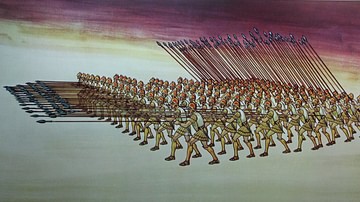
Definition
Pezhetairoi
The pezhetairoi (foot companions) were part of the imposing army that accompanied the Macedonian commander Alexander the Great (r. 336-323 BCE) when he crossed the Hellespont to face the Persian king Darius III in 334 BCE. Armed with long...
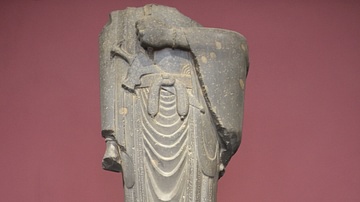
Image
Headless Statue of Darius the Great
Headless, 2.5-metre tall (8.2 feet) granite statue of Darius I (r. 522-486 BCE) originally made to be set up in Egypt and found in 1972 in Susa on the west side of the Gate of Darius. Darius the Great is dressed in the Persian robe but in...
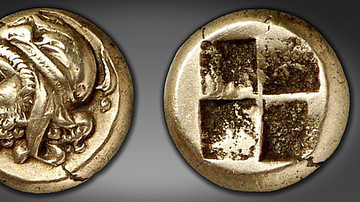
Definition
Ancient Persian Governors
The Achaemenid Persian Empire functioned as well as it did because of the efficient bureaucracy established by its founder Cyrus the Great (r. c. 550-530 BCE) which was administered through the satrapy system. A Persian governor of a province...

Image
Darius I Inscribed Stone Weight
The cuneiform inscription on this polished diorite weight states "I Darius, the great king, the son of Hystaspes, an Achaemenian". This is an abbreviated version of a standard inscription on a series of stone weights of Darius, which can...

Definition
Ancient Persian Government
The government of ancient Persia was based on an efficient bureaucracy which combined the centralization of power with the decentralization of administration. The Achaemenid Empire (c. 550-330 BCE) founded by Cyrus the Great (r. c. 550-530...
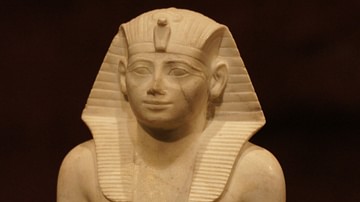
Definition
Thutmose III
Thutmose III (also known as Tuthmosis III, r. 1458-1425 BCE) was the 6th king of Egypt's 18th Dynasty, one of the greatest military leaders in antiquity, and among the most effective and impressive monarchs in Egypt's history. His throne...
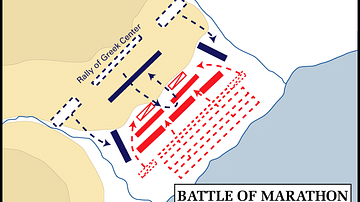
Definition
Battle of Marathon
The Battle on the plain of Marathon in September 490 BCE between Greeks and the invading forces of Persian king Darius I (r. 522-486 BCE) was a victory that would go down in folklore as the moment the Greek city-states showed the world their...
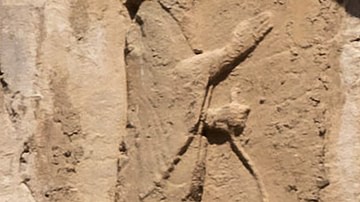
Definition
Artaxerxes I
Artaxerxes I (r. 465-424 BCE) was the sixth monarch of the Achaemenid Persian Empire. He was the son of Xerxes I (r. 486-465 BCE) and his principal wife Amestris (d. 424 BCE) and grandson of Darius I (the Great, r. 522-486 BCE). He continued...
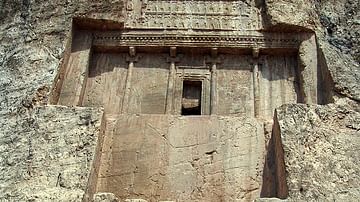
Image
Tomb of Darius I, Naqsh-e Rustam
Tomb of Darius I, Naqsh-e Rustam, near Persepolis, Iran, c. 522–486 BCE